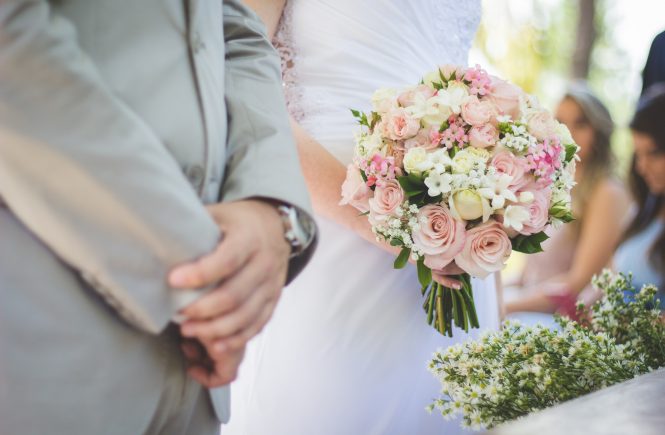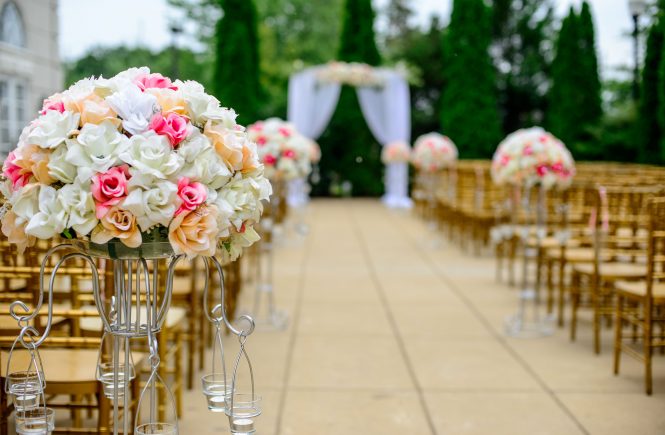As a fully qualified celebrant with a Certificate IV in Celebrancy, you are trained to perform not only marriage ceremonies but also several other specialist ceremonies. Whilst you may choose to perform primarily weddings, there are other opportunities for you to grow your income.
As a professional celebrant, you will also be able to administer:
- Commitment ceremonies.
A commitment ceremony is for couples who have made a commitment to one another and want to declare their love before their family and friends without committing to a legal marriage. Commitment ceremonies are also sometimes called ceremonies of union, and they follow a very similar format to a wedding. They can include readings, poetry, ring giving, messages from special guests, music, and signing of commemorative words. Similarly, for couples that cannot get married for cultural or legal reasons, they may opt for a celebrant to perform a civil union ceremony to mark the occasion and their love for one another. - Renewal of vows ceremonies.
Many couples choose a milestone anniversary as an opportunity to reaffirm their commitment and love for each other and hold a renewal of vows ceremony. Vow renewal can also be undertaken at any other point. A celebrant is not legally required to perform vow renewals, but many couples choose to have a celebrant perform the ceremony to bestow a sense of occasion on the day and make it feel official. - Naming ceremonies.
The birth of a baby is one of the most wonderful occasions that a celebrant can experience. A naming ceremony gives a family a chance to recognise significant people in the baby’s life and the ceremony can include anything from traditional wording to something totally custom to the family and baby. - Funerals
Sadly, many of us will have to arrange a funeral at some stage and many people elect to have a celebrant present alongside a funeral director to ensure that the funeral is a meaningful, sentimental and appropriate celebration of the deceased’s life that honours their memory. - Graduation ceremonies.
Increasingly, families place great significance on their children graduating from high school and/or university and want to commemorate these occasions with a formal party and recognition of the child’s achievement within a private family and friends setting.
Celebrants also must be well versed in alternative ceremony requirements in all of the above, including rituals to signify the occasion.
These rituals can include a sand ceremony, handfasting, butterfly release, glass smashing, rose ceremonies or unity candle ceremonies. To date, marriage ceremonies are the only ceremonies that legally require a qualified celebrant to officiate, however many opt for celebrants to be present at the above to bring a sense of occasion.
As a celebrant, you may wish to perform all sorts of ceremonies or you may wish to niche down and perform only certain types of ceremonies… it all depends on what you hope to achieve, what brings you fulfilment and where you see the best opportunities to earn revenue.




